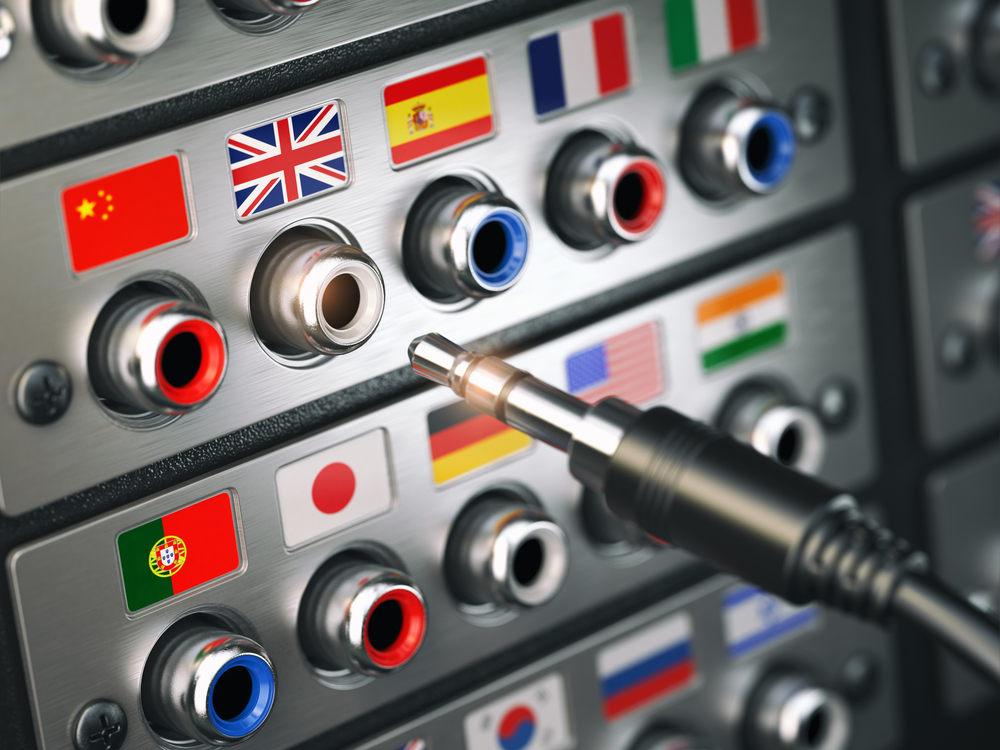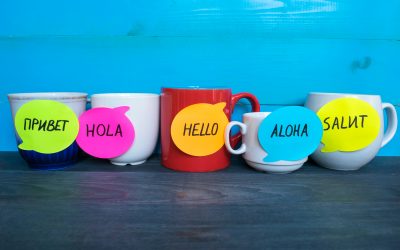When you’re an avid language learner, it’s pretty common for your language study to come up in conversation. Whether you bring it up or somebody else, people are impressed by multilingualism, and normally want to hear more about the languages you speak! These can be very fun conversations, but they’re often killed by a very common question:
“Oh, cool! Are you fluent?”
“How fluent are you in ____?”
“Well, how many of those languages do you speak fluently?”
I’ve always found this question particularly frustrating, because it seemed that anything short of “I’m completely fluent” was doomed to be met with an underwhelmed “oh, okay,” and a sudden decrease in interest.
What made matters even more frustrating was that I never felt like I fully grasped how to even go about answering such a question! “What is the standard for fluency,” I wondered. “How do I know whether or not I’m fluent?” Webster defines “fluent” as “capable of using a language easily and accurately,” but that didn’t really answer my question. There were some ways in which I could use the language easily and accurately, but that certainly wasn’t true across the board.
But then again, the same could be said of my native English!
Sure, I’m capable of talking to a cashier and making small-talk and having casual conversation in my native language, but I can’t discuss automotive repairs or economics to any serious degree! Why?
Because those aren’t my areas of fluency.
The fact is, no matter what language you speak, you really only know the parts of the language that are pertinent to your life. This is just as true in our native tongues as it is in any other language we choose to have in our arsenal.
Think of it this way: Imagine you don’t know anything about sports, but you’re in a crowd of people watching a championship football game. You haven’t the foggiest idea what’s going on in the game, but you’re just there to make conversation with the other spectators. Suddenly, your conversation is interrupted when everyone jumps out of their seats in an uproar. What happened? Did the referees make a controversial ruling? Did somebody cheat? Did one of the teams score? In an effort to understand, you ask one of the spectators to explain what happened to you. He does his best to explain, but you don’t understand – he’s using jargon you’ve never heard before, and he’s clearly skipped some more basic details that he assumed you’d understand. So when he finishes his explanation you just nod your head in pretend understanding, and resign to the idea that your knowledge of the game isn’t advanced enough to have this conversation.
Would you, therefore, say that you aren’t fluent in the language? Of course not! You’d probably just say that you’re not interested in sports. Another way to say this would be to say that “sports” is not one of your areas of fluency.
We’re fluent in categories – not in entire languages. Many aren’t fluent in automotive repairs. Many aren’t fluent in academic language. Many aren’t fluent in sports. But each person has many areas in which he/she is a complete conversational expert. If being fluent in a language meant knowing every last bit of it, then there wouldn’t be a single fluent person on Earth.
So how do you know when you’re fluent? What does “being fluent” even mean?
Put simply, you are fluent in a language if you can discuss everything you would normally need to discuss in your daily life in that language, without needing to resort to another language. Does this mean that you need to know all the vocabulary that you use in your native language? Absolutely not. You can discuss sports without knowing the word for “athlete” (you could just say, “the person who plays the sport.”) or “ball” (you could say, “the thing they throw/kick”)!
Don’t understand what someone said? Not a problem if you know how to ask them to explain. The trick isn’t knowing how to say everything; it’s knowing how to keep the discussion going and express what you want to, even when you don’t know how to say something directly.
Language-learning is an unending process. There’s always more to learn and more to fall in love with. So next time someone asks you if you’re fluent in a language, don’t beat yourself up for not knowing “the whole language.” Take pride in what you do know, and answer with confidence.
What are your areas of fluency? What are the areas you’re trying to improve? What are the categories of vocabulary that are most pertinent to you in your daily life?
What language should I learn?
There are many practical obstacles that language learners face on a regular basis. Between figuring out grammatical minutia, finding time to practice, and figuring out how to best retain vocabulary, it's fair to say that there's a lot that any aspiring polyglot has to...








0 Comments